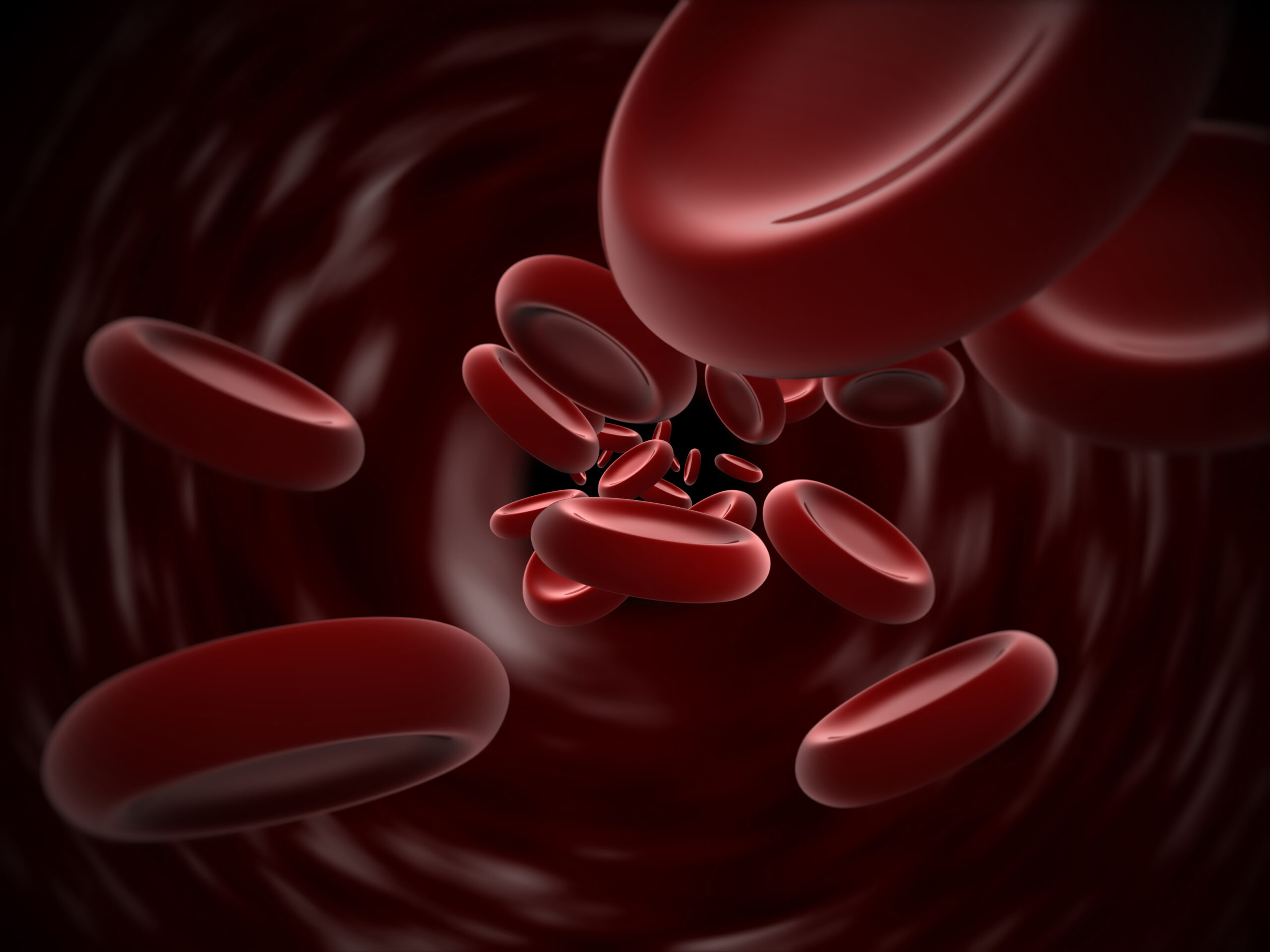NOTE: This test is ONLY AVAILABLE TO AUSTRALIAN RESIDENTS.
A FBE is a commonly used test by physicians as a primary assessment that can help to diagnose a wide range of illnesses, infections and diseases. The FBE test looks for abnormalities in the blood, such as unusually high or low numbers of blood cells. Blood cells include red blood cells, white blood cells and platelets. Many conditions can cause an abnormal blood count.
NHG offers a Full Blood Examination (FBE) with an Erythrocyte Sedimentation Rate (ESR). It is important to have this assessment performed as a general check-up as this test is often used a primary assessment in identifying abnormalities in the blood which could affect one’s health. Everyone’s blood is made up of three main types of blood cells: red blood cells, white blood cells, and platelets. NutriPATH measure the number of cells present, and the size and proportions of these cells from just one simple blood test.
Common Conditions:
• General check up
• Medical diagnosis of a particular blood cell abnormality
• Fatigue
• Tired
• Infections
• Impaired immune system
About The Test
After you purchase the test, you will receive a simple blood test kit in the mail. The test kit comes with:
- An authorized blood specimen order form that you take to your local accredited pathology for collection of your blood (Find a pathology near you here).
- A blood specimen test kit for the pathology to use to collect your blood sample
- Complete instructions for taking the test for you and the pathology
Test results are sent to one of our professional health practitioners within 7 business days for evaluation. Our practitioners contact you with the results and recommendations on any findings via email, mail or phone.
This test is a blood test kit. A test kit will be posted to you with full instructions including prepaid return postage to the laboratory. The following markers will be tested:
Hb, rbc, MCV, MCHb, Hct, platelets, neutrophils, lymphocytes,
monocytes, eosinophils, basophils





